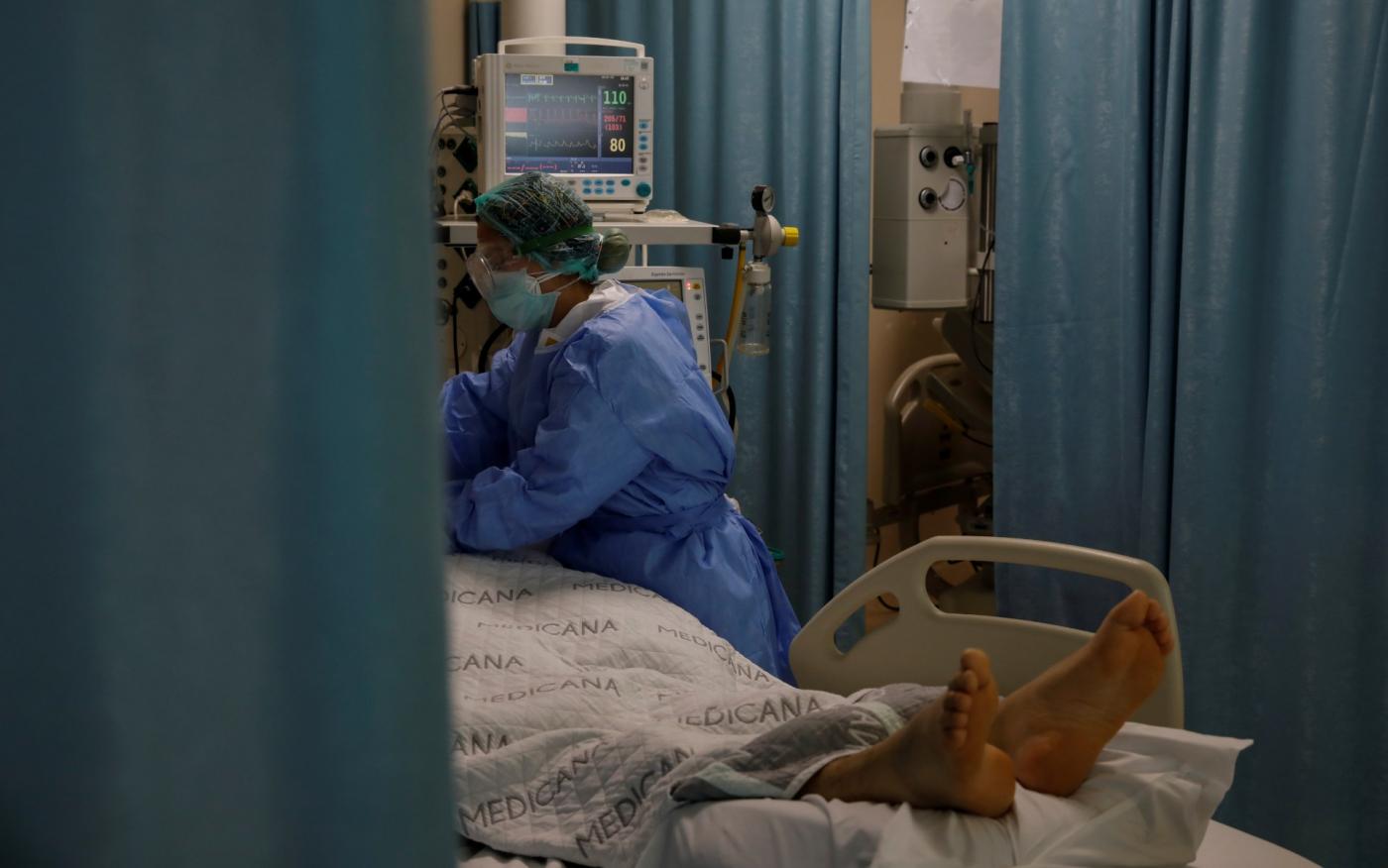Source: Middle East Eye
‘We are still using it. It is very effective when combined with other drugs in the early stages of the disease’
– Turkish official
Official tells MEE the drug is beneficial when used to treat coronavirus patients, with many Turkish doctors seeming to agree
Turkey will continue to use a controversial anti-malarial drug, hydroxychloroquine, to treat coronavirus patients despite a study warning about its side effects and the WHO’s decision to drop it from a global study, a senior Turkish official said on Tuesday.
“We are still using it,” the official told Middle East Eye, speaking anonymously in line with government protocol.
“It is very effective when combined with other drugs in the early stages of the disease. However we don’t see the same results in the later stages when the patient needs to be put on intensive care.”
Ankara said last month that the drug, which is sold under the brand name Plaquenil, was playing a major role in reducing the rate of lung infection, or pneumonia, among Covid-19 patients.
Turkey stockpiled one million units of the drug in March before the virus reached a peak in the country, and several companies began work on producing a generic version in the country.
Health ministry statistics indicated that on 24 March, 60 percent of coronavirus cases registered were patients with pneumonia, while on 6 April that it had fallen to 19.5 percent, resulting in a decrease in death rates.
With 53.07 deaths per million, Turkey takes the 26th place in a list of countries measuring fatalities on that scale, doing considerably better than most western countries.
However, a retrospective study published by medical journal the Lancet last week on 96,032 hospitalised patients, 14,888 of whom received hydroxychloroquine, claimed that the they could not confirm a benefit using the drug. They stated that it may cause death, but could not confirm that data either.
The study said that the drug caused an increase in heartbeats, potentially creating heart complications.
The World Health Organisation, as a result of the study, announced earlier this week that there would be a temporary pause on the clinical tests conducted on the drug to review all the available data on its use.
Many Turkish medical doctors, in response, cautioned the public about the Lancet study and the WHO decision, saying that it should not throw the drug out of the treatment models.
‘I haven’t seen any of my coronavirus patients who received this drug having any heart issues’
– Bengi Baser, cardiologist
Bengi Baser, a cardiologist and medical sciences professor, told MEE that hydroxychloroquine has been used since the 1930s and there wasn’t any major health concern if used within the safe dosage.
“I haven’t seen any of my coronavirus patients who received this drug having any heart issues,” she said. “Among them there were patients who had a stent put in their hearts or had chronic heart diseases.”
Baser and others said that Turkey used the drug as an anti-viral treatment in the early stages, to disrupt the replication of the virus in the body.
“An earlier study said the drug could only harm someone if its daily dosage exceeds 500g,” she said. “We only use 400g in a day for four days.”
Bulent Polat, a heart surgeon, took to Twitter to criticise the Lancet study.
“No doubt it has serious methodological mistakes, it is a retrospective study,” he said. “Even its authors said that it cannot be taken as a directive.”

